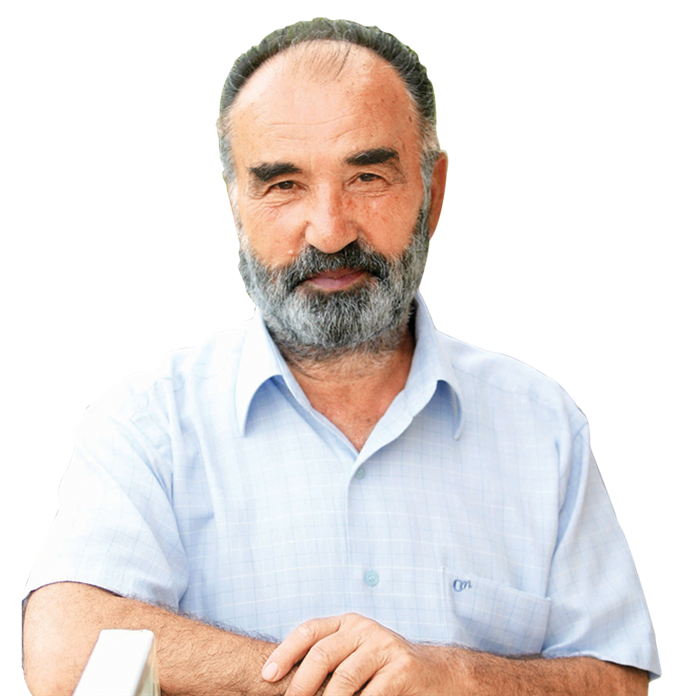Alevis, according to the sound estimates, there are seven million of them in Turkey. However, there is no common roof or even a faith or practice that gathers them. Of course, there are common points but there are many different types of faith, mentality, practice and demands among them. Alevis have been concealed, they had no separate schools, temples and their guides learnt things based on listening and orally transmitted information to the next generation, while these information were distorted when compared to their initial and correct sources.
In a free and democratic country, no one can decide whether some person or group"s faith is correct and worthy in terms of a certain measure other than the person or the group themselves. If people worship cows as a part of their religion, their religion and life style is considered legitimate and recognized.
A secular country cannot decide over something religious in the law or resolutions. It cannot make such an assessment nor can take a side. Therefore, If Alevis in Turkish Republic call their faith as a religion or a sect or an order, then "it is so according to them". If they call their places of gathering as a "temple", then "it is so according to them". However, in a secular country there can be no such law or regulation identifying what a religion or a temple is and what not. The state can provide financial aid to these places on condition that it fits the law.
In our country, there is an unanimous agreement that mosques are temples and in fact, quite a many Alevis visit Mosques and perform their Islamic prayers.
However, there is no agreement with regards to Tekkes, Zaviyes, societies and Cemevis whether they are temples or not. Therefore, the decision must be left to those who adhere to these places.
I find the designations such as Alevi, Kurdish or Gypsy opening problematic. Every ethnic and religious group in this country has problems and demands regarding rights and liberties. These problems and demands – as long as the state is a democratic, state of law – in this framework must be taken into account altogether and resolved according to citizenship formula.
Just as how the Kurdish question did not end after recognizing the Kurdish identity, the problems of Alevis would not end after calling Cemevis as temples. If they can convene and agree on demands thoroughly, they should do so, so should the others. The state rulers must welcome all the demands as "the same democratic rights and liberties" but it must not square the circle.
Legitimate and sincere demands must be distinguished from demands used as an excuse for anarchy, riots, separations, clashes and no exploitation should be allowed.




















